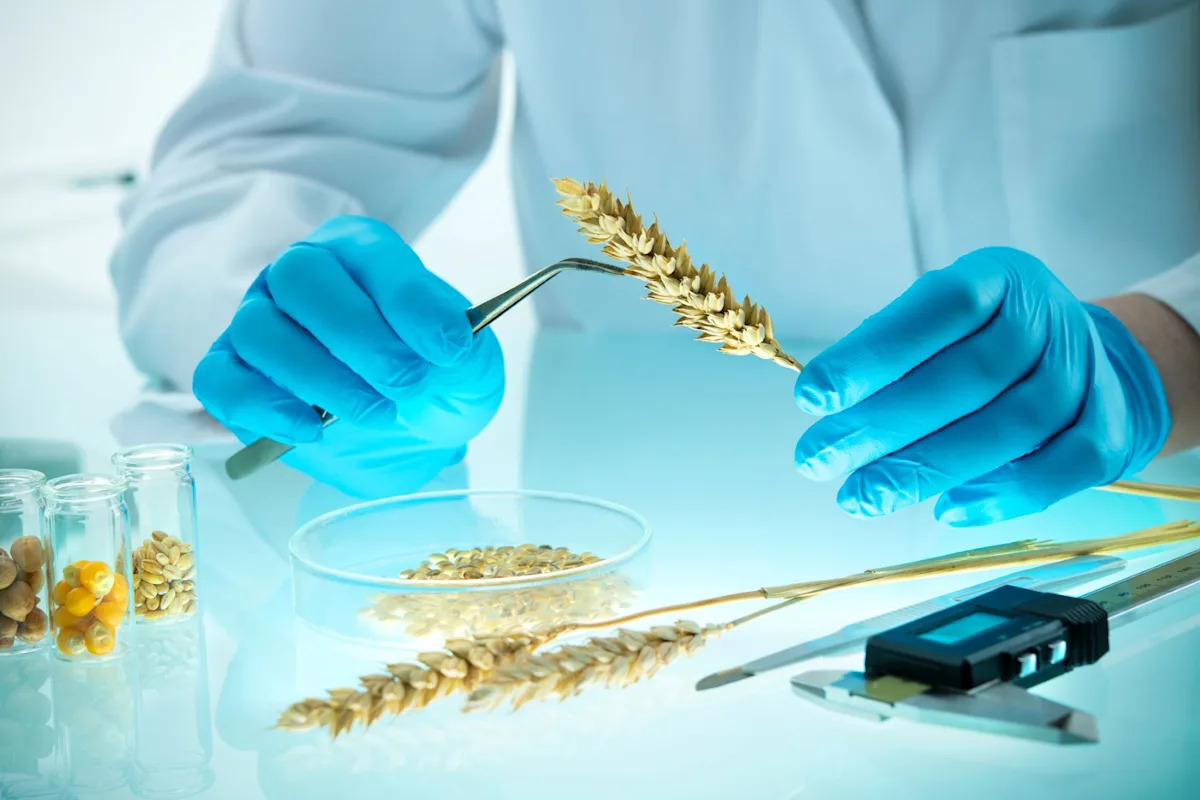Researchers in Mexico are turning their focus towards a revolutionary technique to enhance crop resilience.
According to News Arena India, the International Maize and Wheat Improvement Center, also known as CIMMYT, is investing in “gene editing” technology, which can accelerate traditional breeding techniques without the use of foreign genes.
For crops like wheat, maize, and millets, the priority is to encourage the plants to adapt in order to survive common agricultural issues, like drought, floods, and disease.
Gene editing is precise enough to address a variety of needs, allowing breeders to add, remove, and alter DNA to improve crop yields. According to the FDA, it can strengthen a plant’s immune system to fight a specific disease and help grow crops with shorter stems to better suit indoor or urban farms.
“CIMMYT is working on gene-edited wheat,” said the center’s director general, Bram Govaerts, per News Arena. “We think that is a technology that can work.”
CRISPR is the most well-known gene editing tool available, which won scientists Emmanuelle Charpentier and Jennifer Doudna the Nobel Prize in Chemistry in 2020.
The technology has raised concerns about unwanted gene editing during the process that can harm crops. However, researchers at MIT and Harvard bolstered CRISPR’s capabilities by solving this issue.
As a result, the technology stands at a complicated intersection in the fight against a shifting climate. Breeding plants to be more resilient to changing weather patterns is a priority that can’t wait for the timeframe of traditional breeding techniques, and investments like CIMMYT can help the technology outgrow potential risks.
While the capabilities of gene editing should not be the overarching solution to the rapid overheating of the planet, they can address food insecurity in a meaningful way while other methods take hold.
As CIMMYT pushes these transgenic technologies to the public domain, it plans to work diligently with foreign nations to build a necessary regulatory framework to bring gene-edited crops into the commercial sphere.
Join our free newsletter for weekly updates on the latest innovations improving our lives and shaping our future, and don’t miss this cool list of easy ways to help yourself while helping the planet.

